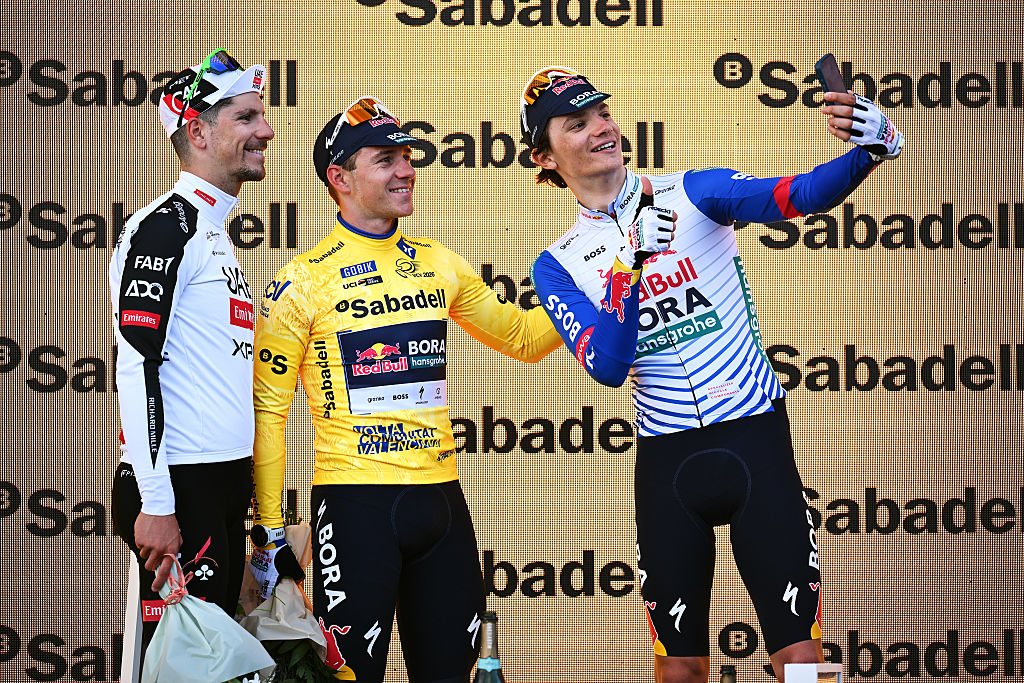UCI checks bikes of Contador, Hesjedal and Gilbert for motors at Giro d'Italia
L'Equipe raises question about Contador's Mortirolo bike change
The latest race content, interviews, features, reviews and expert buying guides, direct to your inbox!
You are now subscribed
Your newsletter sign-up was successful
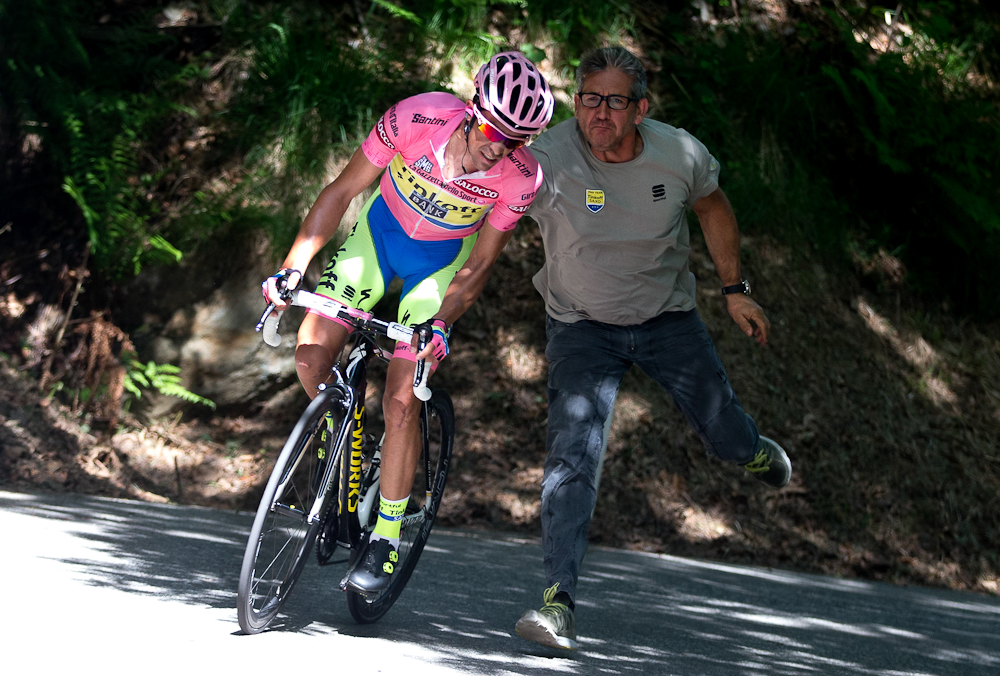
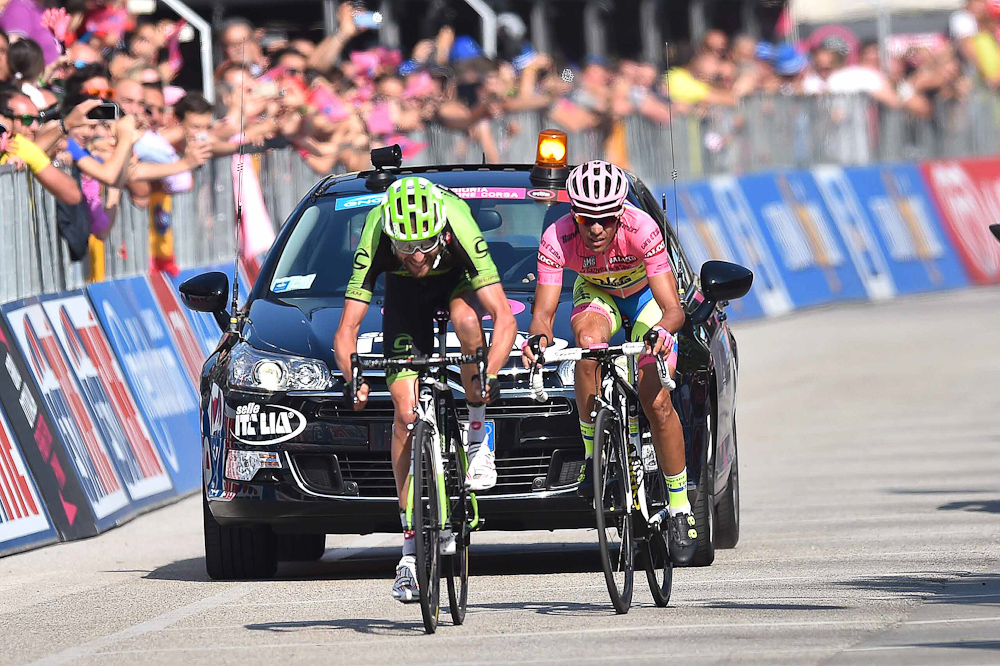
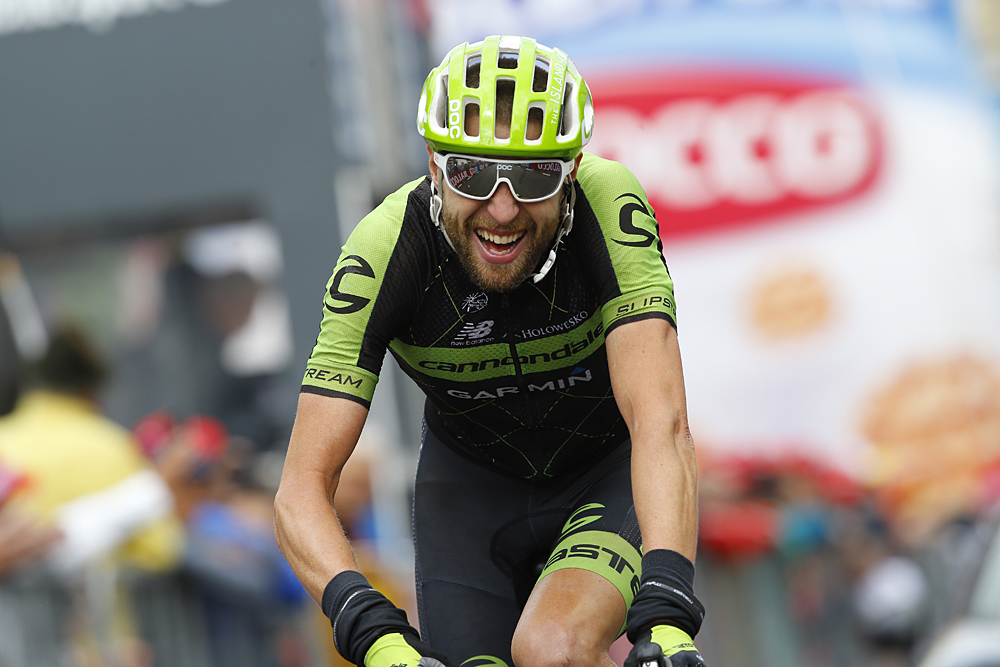
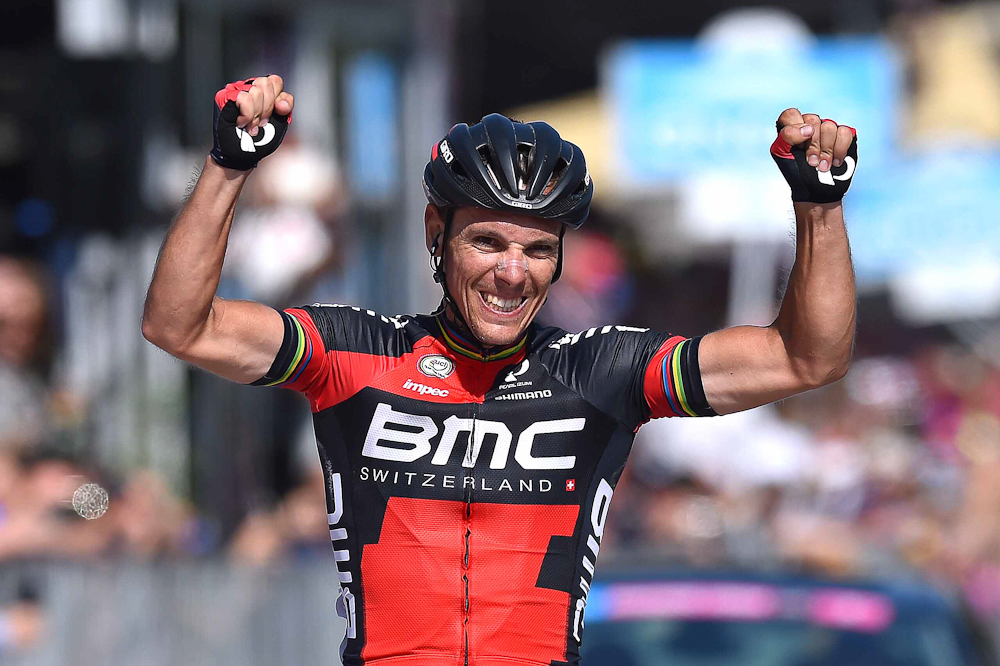
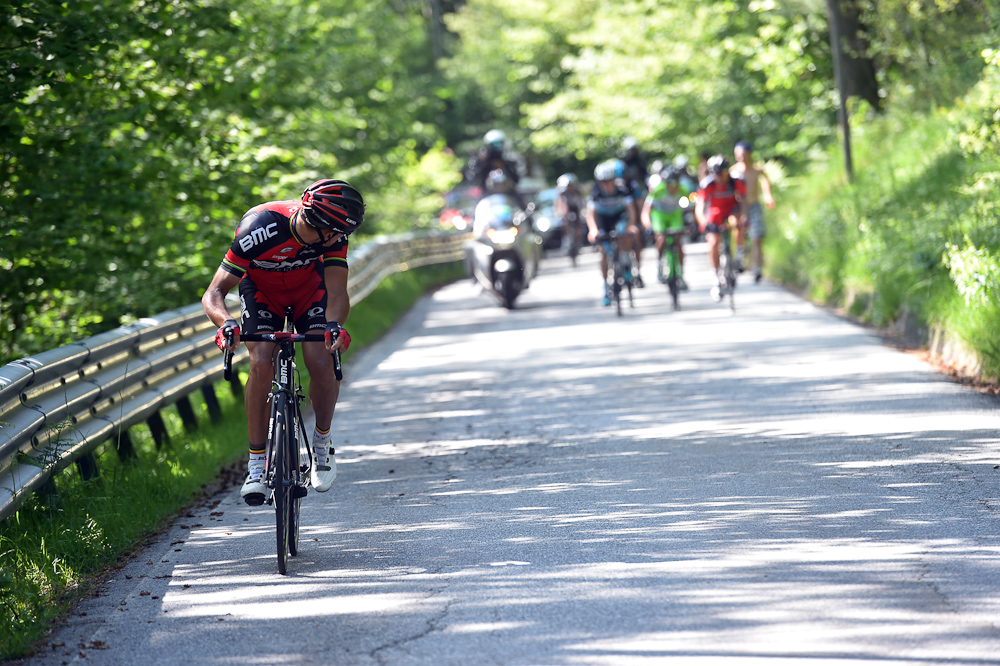
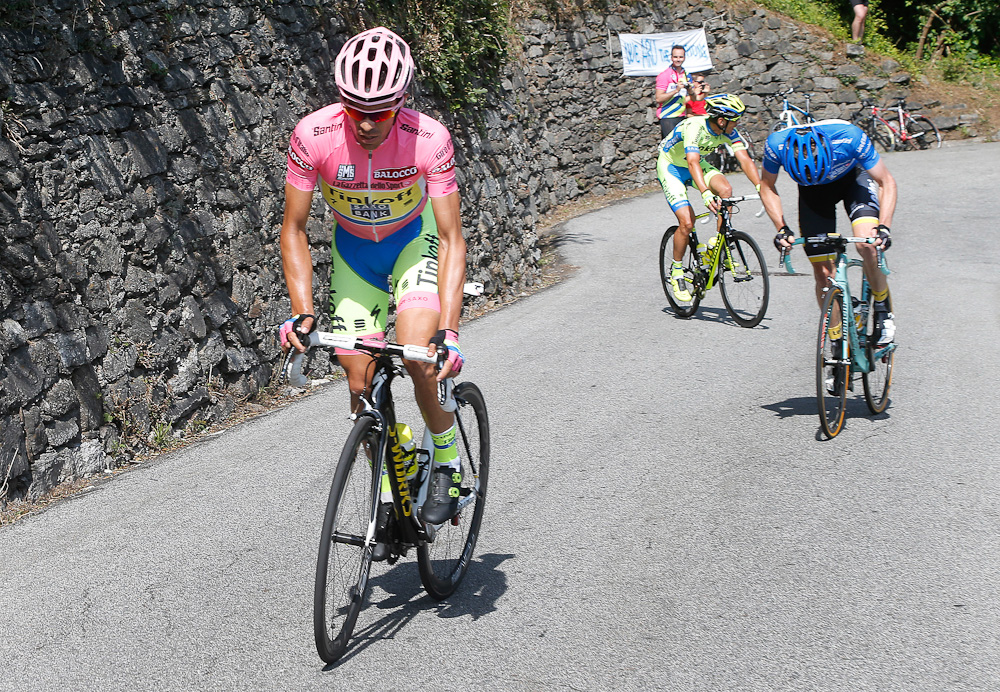
The UCI carried further checks on five bikes at the Giro d'Italia as they continue to look for hidden motors that could give riders a significant power boost.
The UCI representative who carried out the checks confirmed to Cyclingnews that inspections were conducted on the bikes of stage winner Philippe Gilbert (BMC), Ryder Hesjedal (Cannondale-Garmin), race leader Alberto Contador (Tinkoff-Saxo), Kenny Elissonde (FDJ) and Rinaldo Nocentini (AG2r-La Mondiale). It is apparently at least the third time that bike checks have been carried out during the Giro d'Italia.
All the bikes were taken for checks immediately after riders crossed the finish in Verbania. Hesjedal and Elissonde were not needed for any podium protocol or awards and so were left standing in the road, unable to ride to their team busses, while Gilbert claimed he was not aware of the checks because he celebrated his stage win on the podium. The tests were done in a tent next to the podium area, with the UCI using simple equipment to check inside the bikes.
The UCI representative, who did not want to be identified, said he checked the bottom bracket and the hubs of the bikes. Rumours have been circulating at the Giro d'Italia that small, hidden hub motors may exist and be in use.
Strangely, there are no television images of Contador stopping. Tinkoff-Saxo team owner Oleg Tinkov tweeted a photo of the alleged nail that caused Contador's puncture but L'Equipe described what happened during the stage as a 'Mystere' and questioned why race radio did not announce Contador's puncture.
Cipollini was not afraid to say that if he was racing against Contador, he would go on the attack whenever the Tinkoff-Saxo rider stopped to change bikes. This is exactly what the Astana team appeared to do during the stage to Aprica, only for Contador to pass Aru and go on the attack on the Mortirolo.
Contador was not asked about the bike checks after he gained time on Aru and Landa on the stage Verbania. When asked about Cipollini's comments after the stage to Abetone, he dismissed with a joke suggestions about hidden motors in bikes.
The latest race content, interviews, features, reviews and expert buying guides, direct to your inbox!
"My bike doesn't have three motors, it has five! The whole thing about motors is a joke, it comes from the world of science fiction," he said. "The changes depend on how the stage unfolds. We can use different type of tubulars, bearings or even stiffer wheels. These are solutions that over 30-40km can give a slight advantage. It's got nothing to do with motors."
In a brief statement, the UCI judges at the Giro d'Italia confirmed they checked the bikes “to clarify the absence of hidden motors".
The UCI reportedly checked two bikes from six different teams at Paris-Nice and carried a further 36 checks done after Milan-San Remo that seemed more serious and less random.
Six Italian police officers and an investigating magistrate were also present at Milan-San Remo to investigate possible sporting fraud, which is a crime in Italy. Riders found guilty of technological fraud can be disqualified from the race in question, be suspended for a minimum of six months and face a fine of between 20,000 and 200,000 Swiss Francs. There is also provision for the rider's team to incur heavy sanctions, including a suspension of at least six months and a fine of between 100,000 and 1 million Swiss Francs.
Click here to subscribe to the Cyclingnews video channel

Stephen is one of the most experienced members of the Cyclingnews team, having reported on professional cycling since 1994. Before becoming Editor-at-large, he was Head of News at Cyclingnews. He has previously worked for Shift Active Media, Reuters and Cycling Weekly. He is a member of the Board of the Association Internationale des Journalistes du Cyclisme (AIJC).

